Search
Search Results
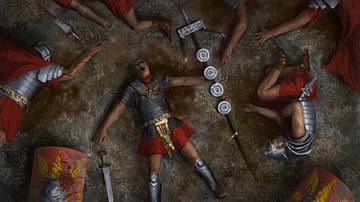
Definition
Battle of Cannae
The Battle of Cannae (2 August 216 BCE) was the decisive victory of the Carthaginian army over Roman forces at Cannae, southeast Italy, during the Second Punic War (218-202 BCE). The Carthaginian general Hannibal Barca (l. 247-183 BCE), who...
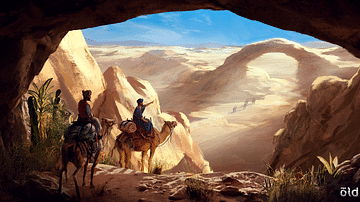
Definition
The Description of Africa
The Description of Africa is the first comprehensive book about Africa, written by Leo Africanus, an African scholar trained in the Islamic intellectual tradition, in 1526, during the Italian Renaissance. A skillful mixture of anthropology...
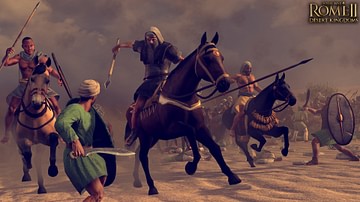
Article
The Masaesyli and Massylii of Numidia
The North African Berber kingdom of Numidia (202-40 BCE) was originally inhabited by a tribe (or federation of tribes) known as the Masaesyli, to the west, and a coalition of smaller tribes, known as the Massylii, to the east. The meaning...
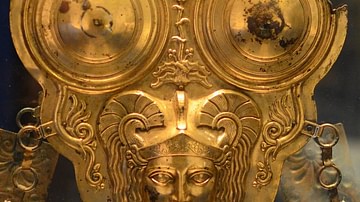
Definition
Carthaginian Army
The armies of Carthage permitted the city to forge the most powerful empire in the western Mediterranean from the 6th to 3rd centuries BCE. Although by tradition a seafaring nation with a powerful navy, Carthage, by necessity, had to employ...
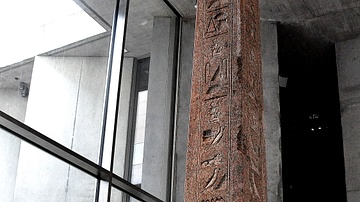
Image
Obelisk of Titus Sextius Africanus
This rose granite obelisk was found in Rome. Roman period, circa 50 CE. (State Museum of Egyptian Art, Munich, Germany).

Image
Portrait of a Humanist: Leo Africanus
Portrait of a Humanist by Sebastiano del Piombo c. 1520. The identity of the person is unknown. Dietrich Rauchenberger has suggested that the painting may depict Leo Africanus (1485-1554).

Image
Leo Africanus as Shakespeare's Othello
Many scholars, without concrete evidence, believe that Leo Africanus 1485-1554 was the inspiration behind William Shakespeare’s Othello, shown here with Desdemona in an 1849 painting by Théodore Chassériau, currently in the Louvre Museum...
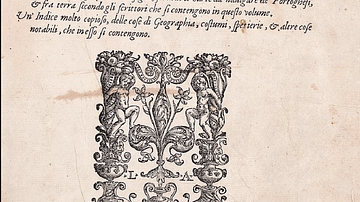
Image
The History and Description of Africa by Leo Africanus
An early title page from The History and Description of Africa by Leo Africanus (1485-1554), first published in 1526.
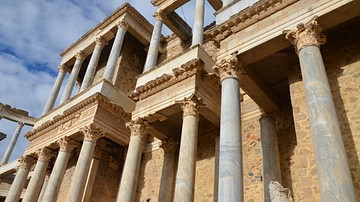
Article
Top 5 Roman Sites in Southern Spain
Almost 700 years of continuous Roman occupation have left impressive traces in the Spanish landscape. Spain was then known as 'Hispania' and is now a fascinating location for the archaeological traveller. The Spanish provinces were...
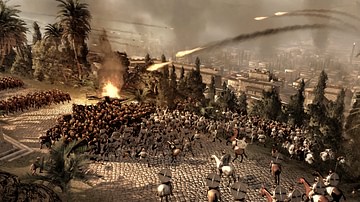
Article
Roman Artillery
Roman artillery weapons were instrumental in the successes of the Roman army over centuries and were especially used in siege warfare, both for offence and defence. Principally used in fixed positions or onboard ships, these machines, known...